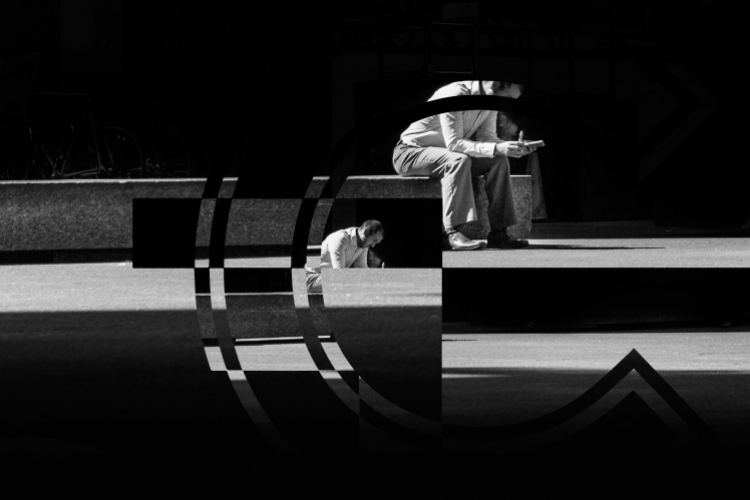
Rantau: On Growing Up and Leaving Home
In this open column submission, Nadia Syarifah ruminates about the very nature of being away from where you grew up and all that follows intrinsically: creating a new personality and circle, maintaining old and new relationships, and coping with loneliness.
Words by Whiteboard Journal
The biggest thing about growing up and leaving home, to me, is the fact that you could totally
restart your life and completely erase whoever you were before.
You could. But would you do that, though? That’s the real question.
It’s easy for me to say that I want to leave whoever I was behind and just completely create a
new personality in a new place where no one knows me; no one knows how I walk, talk, dress, or how I make a mess— no one would know if I obtained those habits inherently or by copying others. Maybe that is one of the appeals of going abroad: you can change almost instantly, without anyone questioning you. They would just accept you as is; a luxury you will rarely get if you stay in the very same place where you grew up.
You can cut ties with people back home and just live on your own terms. Clean. Slate. You
could.
or,
You could maintain two different personalities: one that is completely new and one that is still connected to who you were before. I thought maintaining two different personas whatever that means to you is the correct way to balance things out. To maintain who you were to the
people you love back home, all while building yourself up and picking up the bits and bobs that you would like for yourself to be, like some kind of mastermind in creating a persona that you would finally love. But the distinction is blurry, really. One minute, you thought that you were in a completely different space—where you could be your new self—then someone connected with your past showed up. Like some kind of messed up filler episode. Or a fun one? Depends.
There will always be people—completely new people—in your brand new shiny environment that triggers some itsy-bitsy niche things about yourself—a part that you thought no longer existed. But they do. And it doesn’t have to be a bad thing either. Resenting yourself for whichever reason is never the answer—although I am well aware that some things are so much easier to be said than done. This one is included. Heck, this one especially.
You did your best with what you knew at that point in time. And everything you decided has led
to the very point where you’re at. And that’s the part about balancing your ‘ old’ and ‘new’ selves. Then you had to place yourself among these people—the old, the new, the familiar, and the unfamiliar.
Again, one of the things about leaving home and growing up—which I’m sure would elicit some
kind of a “no shit Sherlock” type response— is that it can be really lonely. And what do I mean by lonely is really, really lonely. Plus, I find it really hard nowadays to talk about how loneliness affects you when you live alone. Not in this era of glamorized loneliness.
I’m not saying that the glamorization is bad, it’s actually good to some extent. But I’m delving
into the not-so-good side of it now. People can sometimes dismiss your feelings and say stuff
they probably didn’t mean, “You’re lucky you’re lonely because that means you have
yourself. Your own company should be enough.”
I’m not disagreeing with that. But two things can happen simultaneously. I don’t think that enjoying your own company and craving human interaction are mutually exclusive. Human interaction is something that is very dear to me, and I don’t want to live in a world where the desire to have connections with people is treated like a sin. That’s the bottom line.
That’s the thing about human connections, no? You can have someone around, or surround yourself with people you love, but still feel lonely if, at the end of the day, you come home to no one but yourself. Again, does not necessarily mean a bad thing. Two things can be true at once, which I figured has been the theme of this whole piece you’re currently reading. Leaving home, growing up, leaving and finding yourself, and experiencing loneliness, aren’t those all just a list of juxtaposition after juxtaposition taped to a container called growing up? And, well… finding peace within those very stuff?



